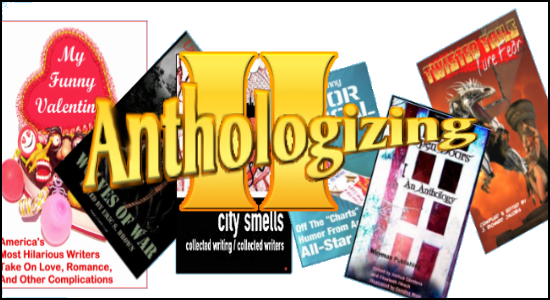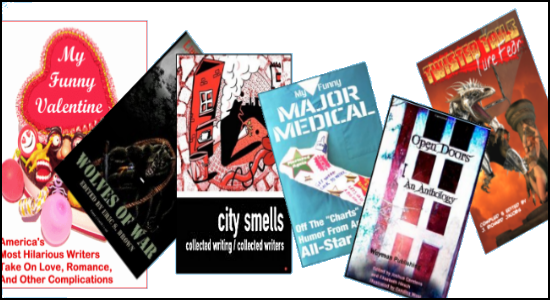
This is an ongoing, basic course in graphic design for writers.
The complete resume of my education and credentials in graphic design can be expressed in one word: Nada.
And that’s why it might be worth listening to me. You’re a writer, possibly a small publisher. Like me. You probably don’t have art talent, can’t afford expensive programs, don’t have the time to study books or school courses aimed at producing designers and artists. Like me. And, like me, you have very specific needs: book covers, logos, banners, website graphics.
And speaking as a non-designer who has done pretty well in creating those things, I am telling you that you can do it. Using free or cheap programs, without a lot of didactic learning. Using ingenuity rather than money or talent. And having fun. Continue reading “Be Your Own Graphics Designer”



